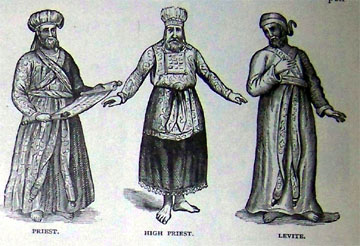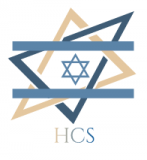In Emor we learn of rules regarding the priests.
- They are not to go near dead people except for their close kin. The high priest is not even allowed to go near his father or mother in death. To this day, people who are descended from the priests are not to come in contact with dead people, except for their closest relatives.
- Priests are not to marry divorced women. The high priest is not even allowed to marry a widow.
- If the daughter of a priest enters “the oldest profession,” she is considered to have profaned her father. She is to be burned!
- God isn’t very accepting of the handicapped. A blind or lame man, a dwarf or a man with a broken leg or arm is not to come near the Ohel Moed (where sacrifices were made.)
- The priests, too, are not to come near sacrifices if they have touched a dead person, or had a skin disease, or had a discharge of some sort.
- Finally, there is a list of who may not eat the sacrifices: servants, the married daughters of the priest, and people who are not priests. But the priest and his family may eat the sacrifices.
Food for Thought
Do you think the priests were privileged, or were they bound by too many rules?

